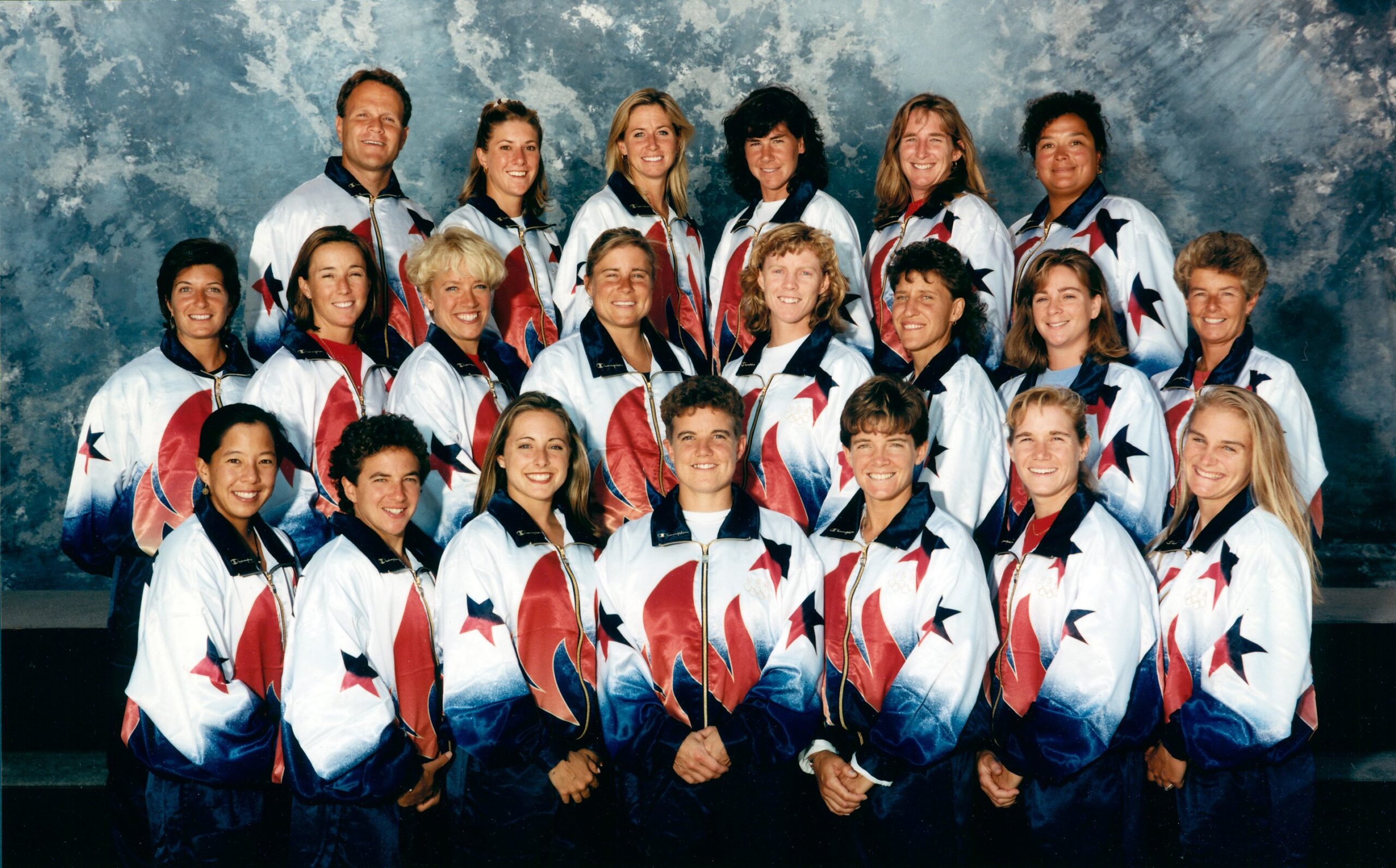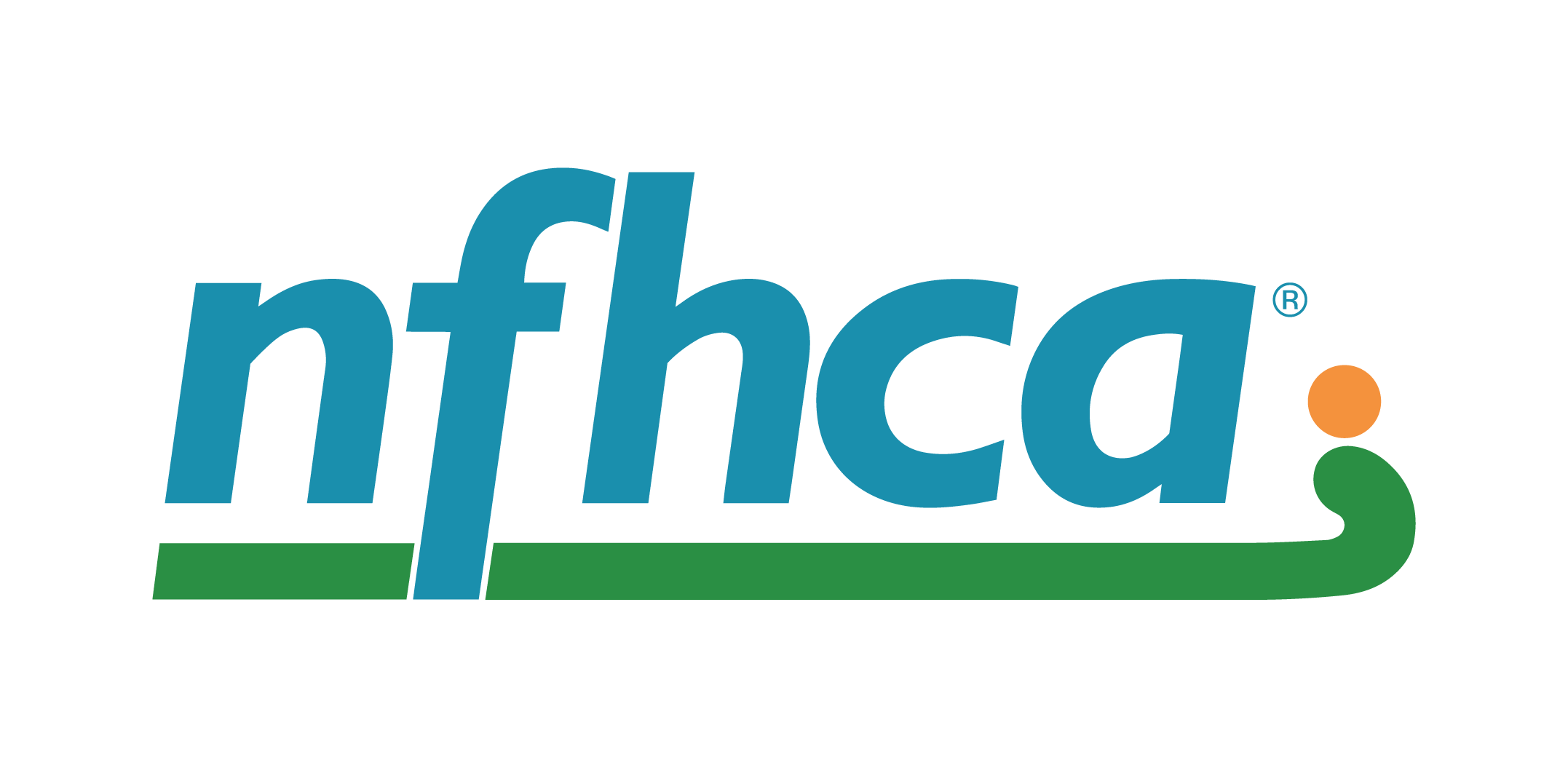Roots of Resilience: The Rich History and Olympic Rise of Women’s Field Hockey

Photo Credit: Crawford Family U.S. Olympic & Paralympic Archives
Manahawkin, NJ - Women’s field hockey is poised to take center stage during the Paris 2024 Olympics with 12 top-tier teams ready to fight for the gold. As Team USA prepares to return to the Olympic pitch this summer, we’re taking a closer look at the rich history of the sport and how it catapulted to worldwide popularity, and eventually became an Olympic sport.
While the sport is currently known for equity between men and women’s global representation, with a nearly 50-50 split in participation, official female competition initially lagged behind its male counterparts. Field hockey has been part of the Olympics since the 1908 games but only featured men’s teams for nearly 70 years.
That doesn’t mean the sport was underrepresented by women. Field hockey was introduced in the United States in 1901 by British advocate Constance M.K. Applebee. The pastime took off at the college level, dominating the women’s sports scene across the east coast including clubs at Vassar, Radcliffe, and Bryn Mawr colleges. Soon after, a U.S. women’s touring team traveled to England for an international competition, marking the launch of an accomplished international presence for women in the sport.
While field hockey continued in popularity among women across the decades, the first women’s World Cup was not held until 1974 in Mandelieu, France. Soon after, women’s field hockey was added to the official roster of competitive sports for the 1980 Olympic Games held in Moscow. Due to an embargo, the U.S. team did not participate, but the competition remained an important milestone as Zimbabwe went on to take the first Olympic gold in the sport for women.
1984 was a landmark year for the U.S. Women’s National Team. Making its first Olympic appearance during the Los Angeles Games, the team captured the bronze medal while playing as the home team. Notably, the U.S. team overtook Australia, the favorite to win, in a critical penalty shootout to decide a three-way tie with Canada.
Since the 1984 games, the U.S. women, now recognized as the ‘United Eagles,’ have gone on to qualify for and compete in several Olympic Games. During the 1996 Atlanta games, the ’96 team placed a respectable fifth place, with a similar showing for the 2016 Rio games. In total, the U.S. Women’s National Team will be making its seventh Olympic appearance with the 2024 Paris Games. Throughout its history, each team has demonstrated resilience through rounds of play against the world’s top performers, showing that they are willing to take on any challenge presented to them.
This resilience and determination were most recently on display during the 2024 FIH Olympic Qualifiers, marking some of the most exhilarating moments in field hockey history over the last decade. Despite entering the tournament as one of the lowest-ranked teams, the United Eagles displayed an extraordinary level of skill and grit, upsetting heavily favored teams such as India and New Zealand. This stunning performance propelled them to qualify for the 2024 Paris Games, despite having no players with prior Olympic experience. Their triumph in the face of formidable opponents like India and Italy is a testament to their unwavering spirit and dedication.
The international stage would do well not to underestimate the team. While this group of talented players may be new to the Olympics, they’re not newcomers to successful international competition. The United Eagles won the silver in the 2023 Pan American Games, following in the successful tradition of the 2017 and 2019 national teams, which both took the bronze.
With the 2024 Paris Olympic Games just around the corner, the fans of the United Eagles have much to be excited about. “Fly as One” an Olympic campaign sponsored by Osaka Hockey, embodies their spirit. The United Eagles have shown their ability to remain competitive on the world stage under the leadership of head coach David Passmore and a stellar coaching staff in recent years. The team was able to rally back from a fourth quarter deficit to advance to the finals during the Olympic qualifiers, only falling to the highest ranked team in the tournament, Germany.
The individual players who landed a spot on the final roster for the United Eagles are also resilient in their own right. Most have played the sport since childhood, coming up in field hockey dreaming of one day playing in the Olympics themselves. Hailing from eight different states, many of them have also known each other for some time, either as teammates or opponents, helping to build a unique rapport among the women.
Fans are already gearing up for an exciting Paris Games. Be sure to keep following the United Eagles as they compete in the Olympic Games from July 27 through August 9.
NFHCA Blog Disclaimer
All content on this blog is for informational purposes only and should not be interpreted as a substitute for NCAA compliance or legal advice. The NFHCA recognizes that the accuracy of the content and opinions in this blog may change over time. The blog site may contain links to other websites or content belonging to or originating from third parties. Such external links are not monitored or endorsed by the NFHCA and the NFHCA does not control such external websites or their content. The NFHCA will not be held responsible for the content of any message from external websites or contributing authors.
AstroTurf is the Official Sponsor of the 2026 NFHCA Annual Convention. With over 50 years of experience and millions and millions of square feet of synthetic turf in use worldwide, AstroTurf products bring more technological expertise and real-world know-how to the game than any other brand.
